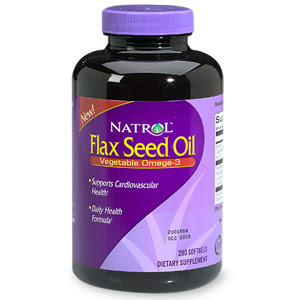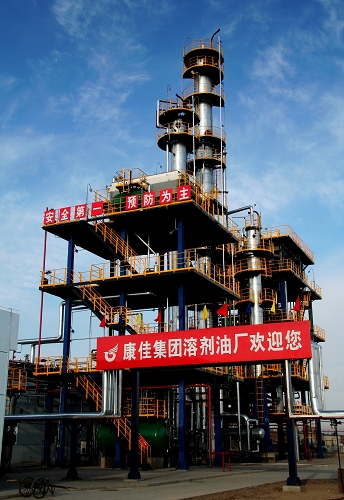Omega-3s: The New Fiber
“Omega-3s” have replaced “high fiber” as the new hot marketing adjunct for health food…for an excellent reason. The SAD (Standard American Diet) is woefully deficient in anti-inflammatory omega-3 polyunsaturated fats (“n-3 PUFA” in the literature)—particularly EPA and DHA—and extremely high in pro-inflammatory omega-6 polyunsaturated fats (“n-6 PUFA”).
This is due to our heavy reliance on grains for feeding both ourselves and our meat animals. Both grains and the seed oils (misnamed ‘vegetable oils’) we extract from them contain high amounts of n-6 PUFA and low amounts of n-3 PUFA—especially the corn oil and soybean oil that comprise so much of what passes for “food” today. Ratios of n-6 to n-3 were 1:2 to 2:1 in the pre-agricultural diet, roughly 4:1 in the pre-industrial agricultural diet, and they often exceed 30:1 in the modern American diet. A significant number of Americans get no EPA or DHA in their diet at all!
ALA: When An Omega-3 Is Not An Omega-3
The most important and essential n-3 fats are the longest two: EPA and DHA, particularly DHA. However, the only natural dietary sources of EPA and DHA are grass-fed meat and oily fish. (Grain-fed meat contains far less n-3 fats and far more n-6 fats. “You are what you eat” applies to cows, too.) EPA and DHA supplements are mostly derived from oily fish…
…and fish oil tastes like…well, fish oil. There’s a reason it comes in sealed capsules, and it’s not just that it goes bad when exposed to air. So when you see a packaged food that boasts “Omega-3 Fortified!” you can bet that it contains ALA (alpha-linolenic acid) derived from flaxseed or ‘canola’ oil—not EPA or DHA.
There are two problems with ALA. The first is that our bodies are remarkably ineffective at converting ALA into the EPA and DHA we require.
Anderson, Breanne and Ma, David WL. Are all n-3 polyunsaturated fatty acids created equal? Lipids in Health and Disease 2009, 8:33 doi:10.1186/1476-511X-8-33
“…The conversion of ALA to DHA is on the order of 1% in infants, and considerably lower in adults.”
So you can eat all the “Omega-3 Enriched!” crackers you want, or take all the flaxseed oil supplements you want…but they won’t substitute for salmon, mackerel, sardines, or grass-fed meat.
The second problem is that ‘flaxseed oil’ is, like ‘canola oil’, a new name for an old product. (‘Canola’ is actually a plant called rape: the problems of marketing ‘rape oil’ are left as an exercise for the reader.)
What product is that?
(Scroll down for the answer.)
.
.
.
.
.
.
.
.
.
Linseed oil.
Yes, you’re paying $15 a bottle for little brown capsules of furniture polish.

This is linseed oil.

This is also linseed oil.
DO NOT DRINK FURNITURE POLISH.
And if you mix it with fine sawdust, you can make your own linoleum!
Yes, it’s a furniture polish and a nutritional supplement…just like Shimmer Floor Wax!
Furniture polish is not food.
Eat grass-fed meat and oily fish.
Don’t eat seed oils.
Live in freedom, live in beauty.
JS
(If you enjoyed this article, you might also enjoy “GERMOPHOBIA!”, or perhaps my debunking of John Stossel’s hit piece on grass-fed beef.)
Postscript: An alert reader (Shawna) has found a reasonable medicinal use for flaxseed oil—as a laxative. (See our comments below.) And just to be clear, I am not contending that flaxseed oil is poisonous or that no one should ever consume it: what I’m debunking is the idea that flaxseed oil can substitute for EPA and DHA intake (it can’t), and that loading up a cracker with flaxseed oil somehow makes it healthy (it doesn’t).



